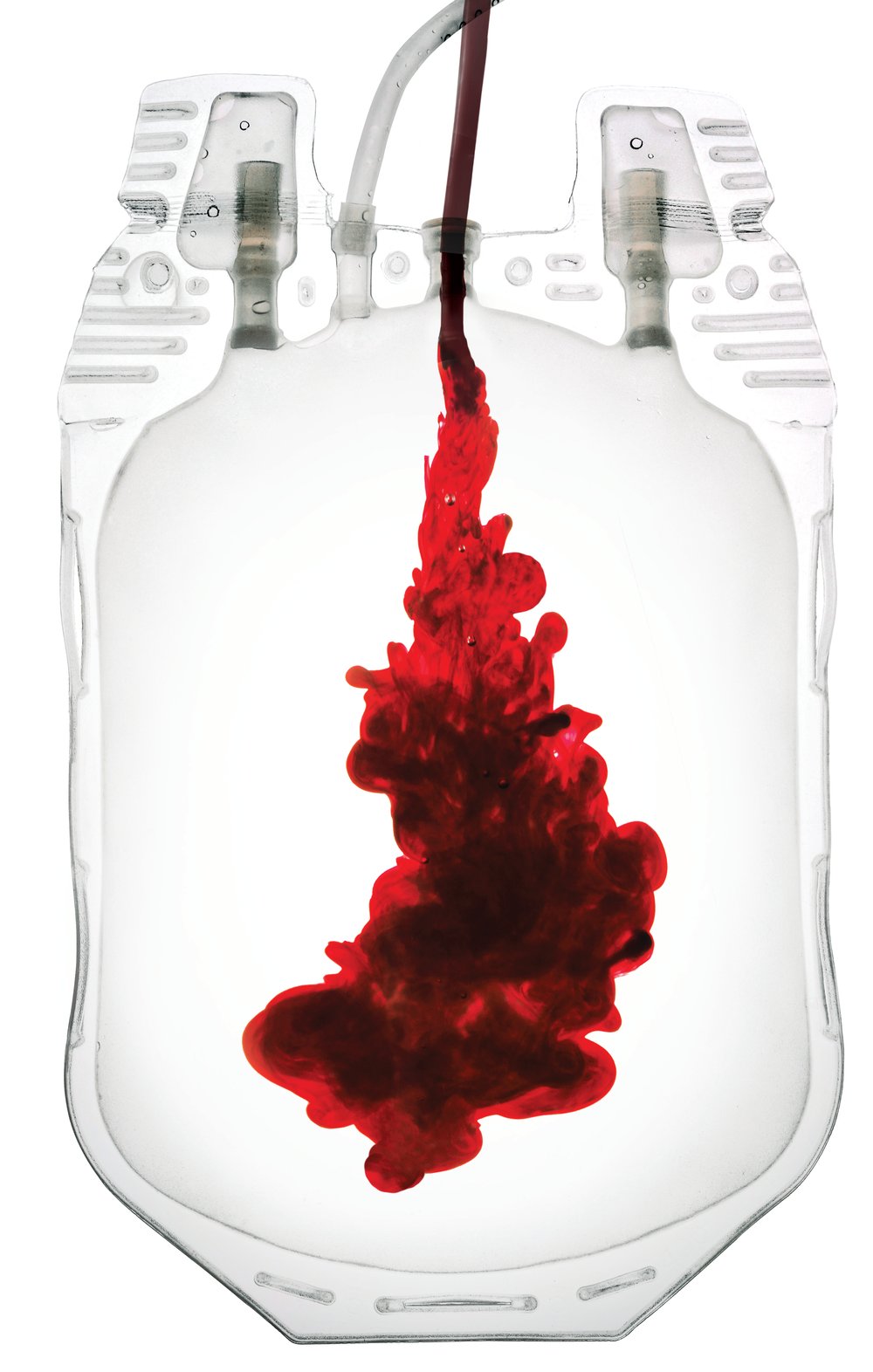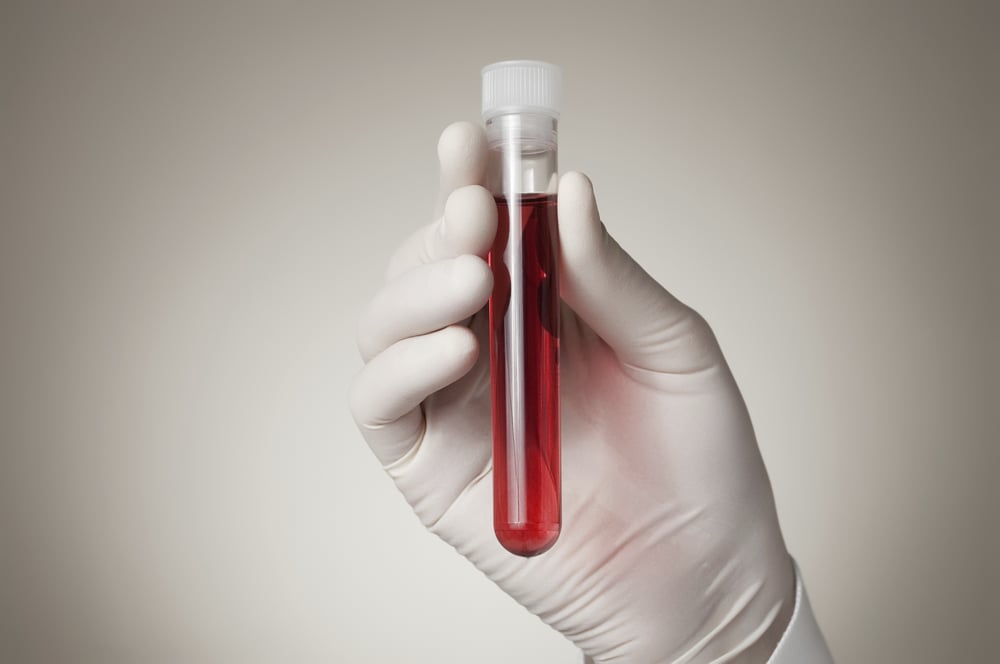
issue 218
June 2025
Ray Klerck unpacks last month’s cutting-edge research, revealing how MMA might be quietly impacting your red blood cells, and why that could be choking your performance, but you can fix it.
To us, MMA is everything. We won’t tolerate a bad word about it. However, sometimes there’s research saying some not-so-nice things about the cost it can exact on your body’s internals. According to a new 2025 study released last month in Scientific Reports, simulated MMA sparring messes with the rheological properties of your blood in ways that should make you slightly nervous. It has to do with your red blood cells, which are the couriers that ferry oxygen to your working muscles. The researchers looked at athletes’ blood work after a few rounds of sparring. They found decreased red cell deformability, increased fibrinogen (a sticky clot-loving protein), and heightened aggregation. These factors can combine to create a biological equivalent of a traffic jam in your veins. In the study, MMA fighters fared worse than other combat athletes, which is probably thanks to the full-body beatdown that is grappling, ground-and-pound, and general chaos.
A PUNCH TO YOUR CARDIOVASCULAR SYSTEM
Regular MMA training may stress test your internal plumbing. The study compared MMA athletes with boxers and sedentary dudes. It found that MMA sparring caused the most significant drop in plasma volume (a juicy 8.97%), spiked hemoglobin and hematocrit, and messed with red cell elasticity. In plain English? Your blood got thicker, stickier, and more sluggish. When you’re circulating syrup-like blood, you’re not just slower, you’re borderline broken. You might notice it when cuts take longer to heal. When your skin bruises a little more easily. Or when you're gassed out during a drill, you’d usually breeze through. Less oxygen delivery means more fatigue. More fibrinogen means a greater clot risk.

THE DAMAGE STARTS SMALL, BUT BUILDS FAST
You won’t see the symptoms on a blood test after one sparring session. But over time, the study’s authors warn that MMA can distort the fabric of your blood. Combine that with elevated white blood cells and markers of inflammation, and you've got an internal war zone every time you grapple. The signs? Sleep starts getting restless. Your resting heart rate creeps up. You're sore longer than usual, or that weird ache in your calves feels more like concrete than DOMS. The more damage your body takes, the harder your blood has to work. MMA isn’t just a fight on the outside. It’s a silent brawl happening at a microscopic level. If you don’t counter it with recovery, nutrition, and targeted intervention, you’re one hard session away from becoming your own worst training partner. Fortunately, it is something you can fix.
HOW TO GET YOUR BLOOD BACK
The solution won’t come from slamming another post-training recovery shake with a superhero label. To keep your blood silky smooth, you need to eat to support red cell flexibility, reduce inflammation, and stop fibrinogen from acting like it’s laying concrete inside your veins. This means circulation-enhancing foods, blood-thinning nutrients, and daily habits that support vascular elasticity, like sleep, omega-3s, and antioxidant-rich meals that aren’t beige. If your idea of recovery is just scrolling Instagram in compression pants, you’re leaving performance on the table. It’s no coincidence that more elite fighters are dialing back the intensity in the gym. After enough hard rounds and hospital visits, many learn the same lesson: sparring smart beats sparring hard. Light, technical rounds now take priority over ego-driven gym wars. Fighters like Max Holloway and Israel Adesanya have famously stepped away from hard sparring to preserve longevity and performance. less damage in the gym means more left on fight night. Fortunately, science says the internal stuff is completely reversible. But only if you treat your blood like your fight prep: strategic, disciplined, and a little smarter than everyone else in the gym.

BLOOD-HEALING FOODS
If you want blood that flows like Bruce Lee, it’s wise to adopt a fight-specific nutrition strategy built around one goal: make your blood less thick, slicker, and ready to fuel a three-round war without sputtering.
Eat fatty fish often
Salmon, sardines, and mackerel are loaded with omega-3s that slash fibrinogen levels and keep blood cells nice and bendy. Research in the journal Open access found omega-3s can reduce blood platelet aggregation and coagulation, so it’s best to eat this meal after training or at dinner, roughly three times per week.
Eat berries, drink cocoa, and green tea
Blueberries, pomegranate, and raspberries are your best edible antioxidants in sexy little packages. A paper in Nutrients found polyphenols fight inflammation, support endothelial function, and can make blood vessels feel like a well-oiled speed bag. Cocoa and green tea contain these polyphenols in mass amounts, so make them a post-workout drink to help your blood recover.
Spice up everything
Turmeric, ginger, and garlic aren’t just for yoga influencers. Research published in Frontiers in Pharmacologylooked at 25 papers on the topic and found turmeric reduces systemic inflammation, drops fibrinogen, and keeps your blood from sticking together. Add it, and its cousins ginger and garlic, to everything you can stomach.
Eat the blood-building basics
Lean beef, eggs, lentils, and pumpkin seeds are loaded with B12, iron, and folate to rebuild damaged red blood cells and prevent sluggish circulation. A review in ScienceDirect emphasizes the importance of these micronutrients in athletic performance and oxygen delivery. They outlined how supplementing with these micronutrients just doesn’t cut it, so food sources are far better.
Juice up your circulation
Beetroot juice, tart cherry juice, and hibiscus tea are natural blood movers. Nitrates and polyphenols expand blood vessels, lower viscosity, and increase flow. A study in Nutrition Journal showed that beetroot juice consumption led to a measurable reduction in blood pressure among adults. Try drinking these first thing in the morning or an hour before training.
PROTECT YOUR FLOW
You can’t out-train bad blood. MMA will always demand everything from you, but it doesn’t have to quietly sabotage your circulation in the process. The solution is to train hard but recover smarter. Fuel your blood like it's part of your fight camp, because it is. The foods you choose, the timing you follow, and the sleep you prioritize aren’t just wellness buzzwords. They’re the difference between feeling flat halfway through the second round and finishing strong. Fixing your blood means staying faster, sharper, and harder to kill.










